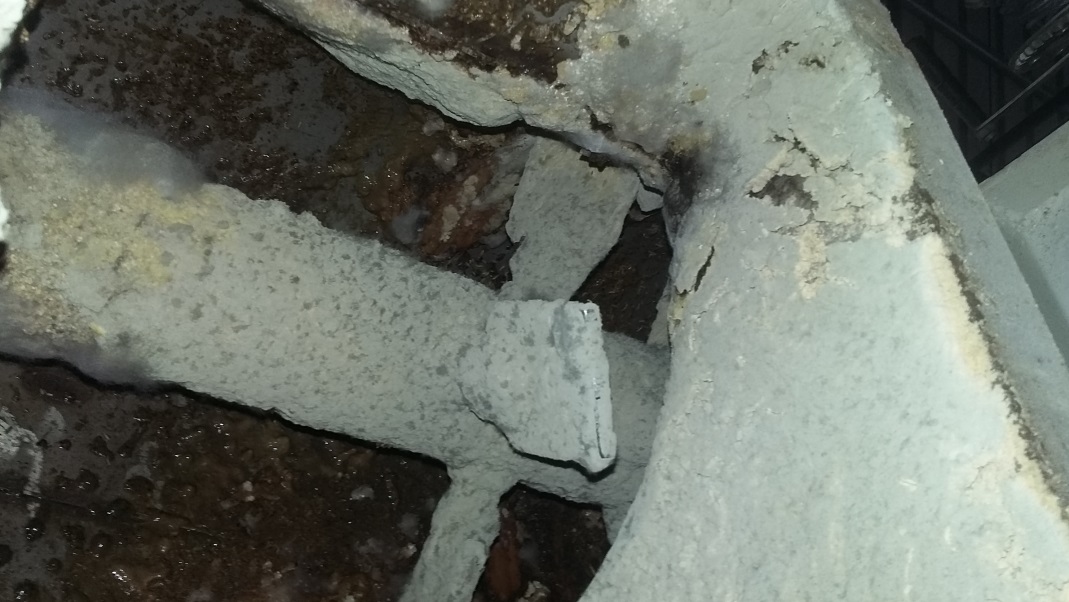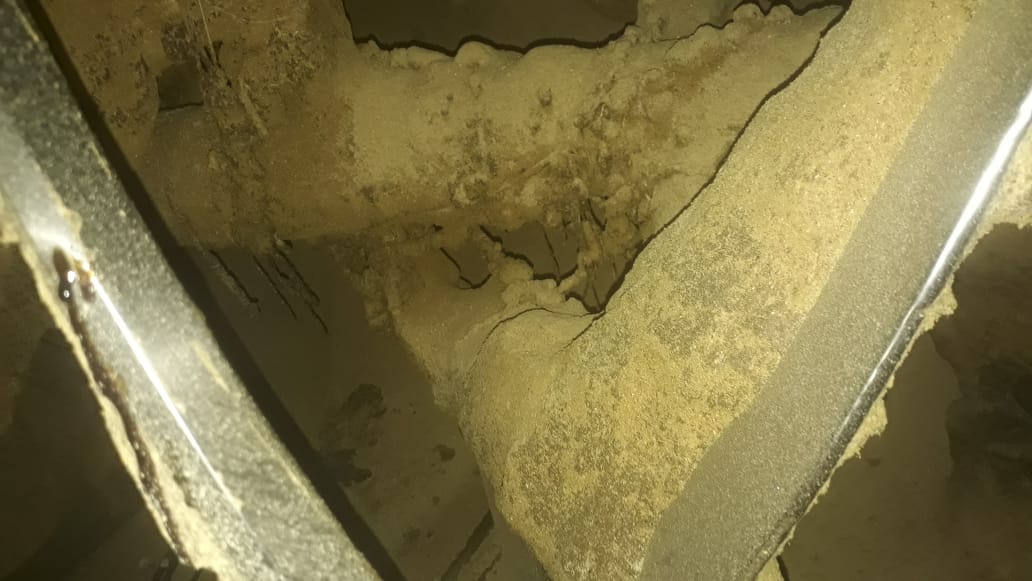The ability to protect raw materials and finished feeds from harmful contaminants is crucial to ensure animal performance. By improving the microbiological quality of the feed, animals can utilize the full nutritional benefit of each ingredient with a lowered risk for sickness and transmission of diseases.
Raw materials and feeds constitute one of the most important causes of microbial contamination, such as Salmonella and Escherichia coli. Hence controlling the raw material quality and other process parameters during the feed production is very important to maintain the feed hygiene. Few other process parameters or checkpoints which help to maintain feed hygiene are:
1. Intake & StorageStorage of raw material in round bins or bins without dead corners helps to prevent sticking of materials. Bin cleanliness in the feed storage area is essential & should be monitored regular basis. Sticking of material & dust not only induces fungus growth but also may lead to “GRAIN DUST EXPLOSIONS”.
Moving and handling grain creates grain dust when combined with other components like oxygen, ignition source, the dispersion can result in grain dust explosions. Proper monitoring of cleanliness, leakages at ducts & connecting chutes, fines/dust at elevator pits should be done on a regular basis to avoid such incidents and to maintain proper hygiene at the feed mill.
2. Liquid, Steam & oil additionProper cleaning on a regular basis is required where the application of steam, oil or liquids comes along with grinded ingredients. For reference see the below attached images of conditioners and mixer with feed stuck at paddles, surface, and shaft leading to fungus / bacterial growth.
 Inside view of Conditioner
Inside view of Conditioner
 Inside View of Feed Mixer
Inside View of Feed MixerA sampling at different stages; after batching, mixing, grinding, conditioning, pelleting, cooling & bagging helps to control moisture, detect fungus growth and other quality parameters.
The above information is based on data collected from our existing customers & internet sources and is only for your reference. As expertise in feed mill engineering only, lark engineering will not be responsible for any type of loss occur due to above-stated information.